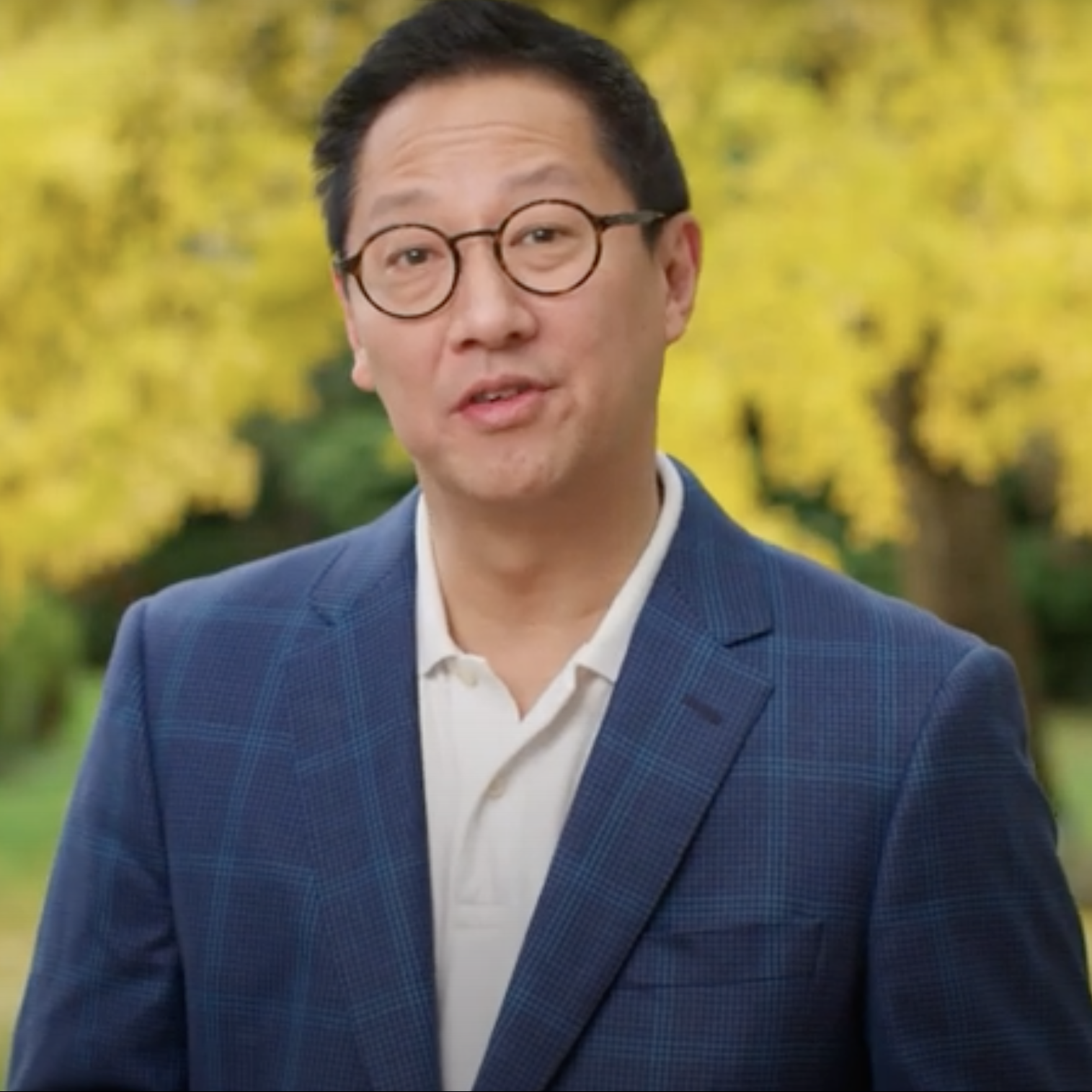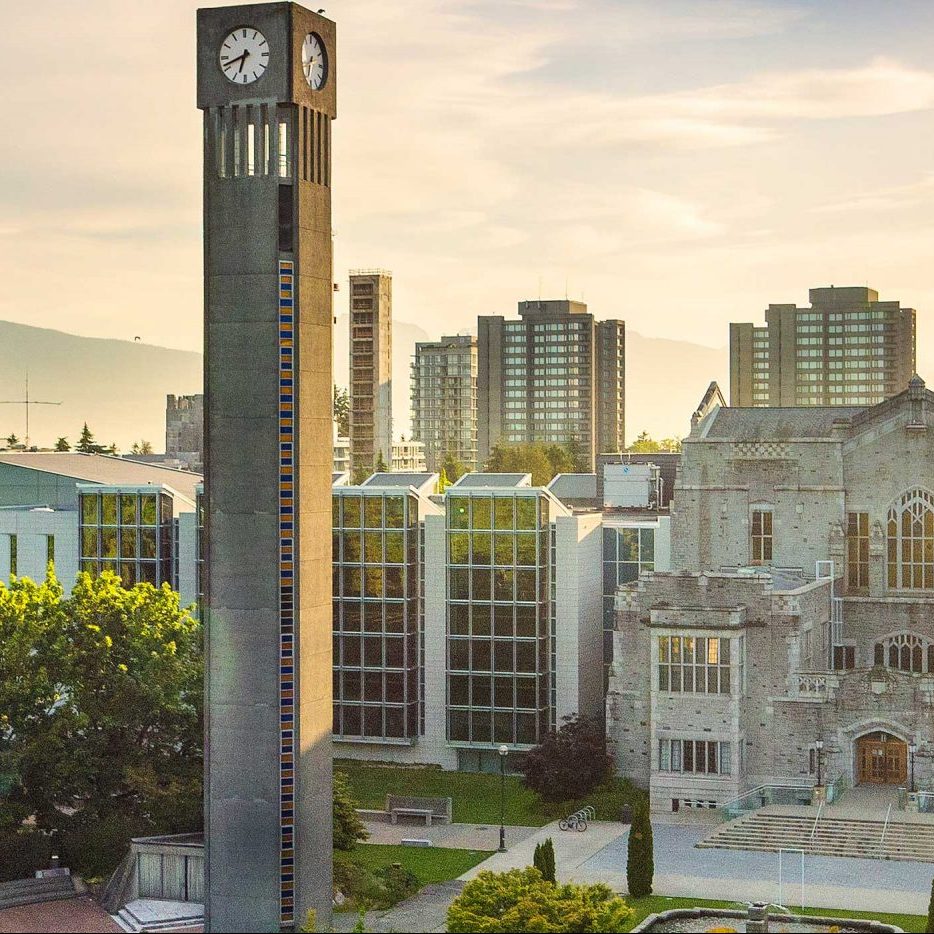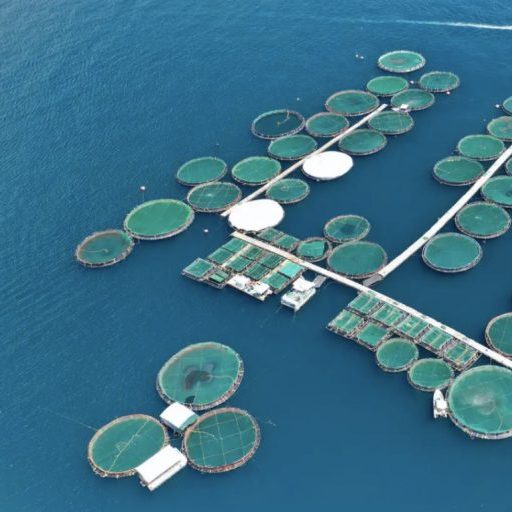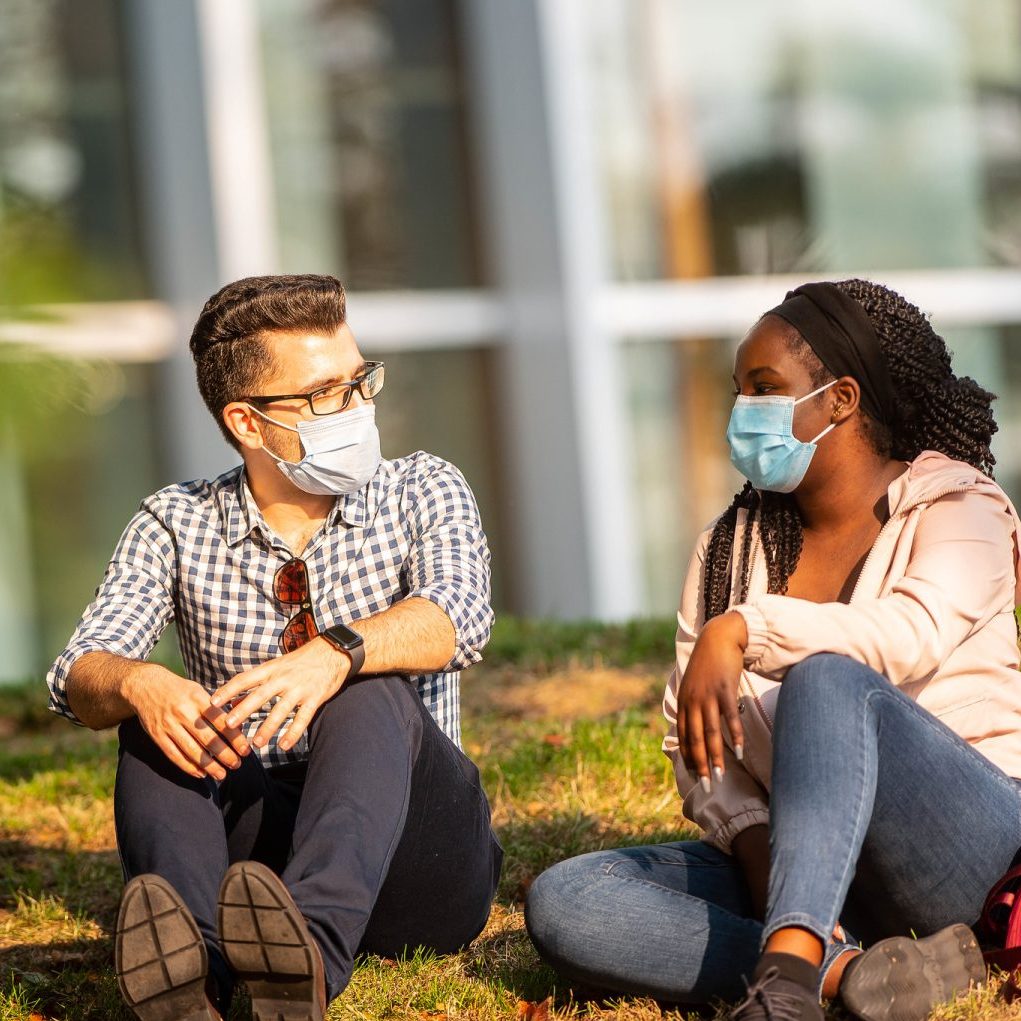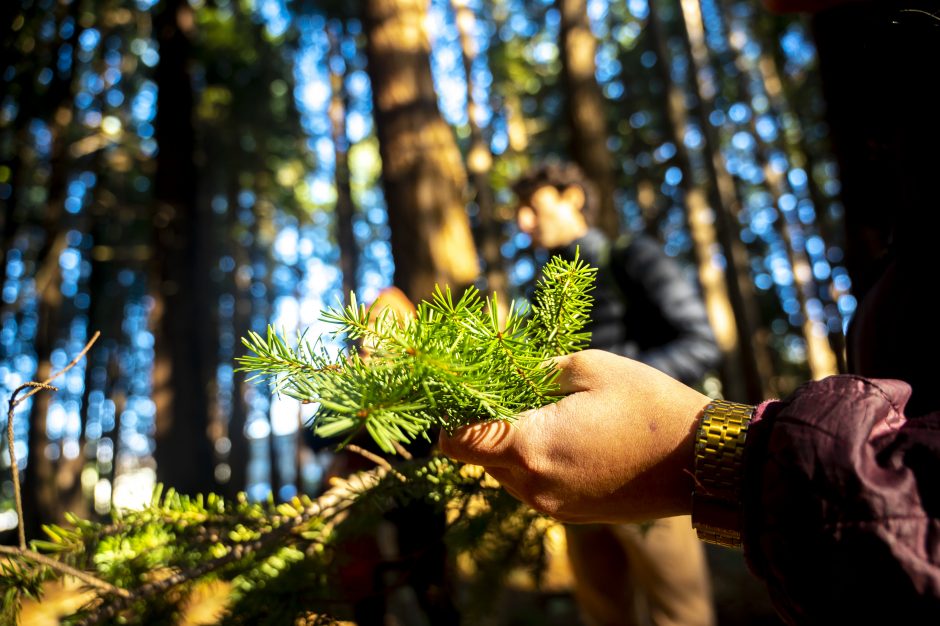
UBC understands that the actions we take today will affect human and environmental wellbeing for generations to come.
The stories below provide a window into the broad range of climate emergency-related activities underway by UBC academic units, operational departments, community initiatives, and student groups. UBC invites you to explore what’s happening, and join us in this vital work.
Featured Stories
Climate Emergency Fund Recipients Share Back

Sustainability Ambassadors Program
Join us in this interview with Jack Suchodolski and Kshamta Hunter to learn more about the Sustainability Ambassador’s Program, how the Climate Emergency Fund (CEF) has helped the program grow, and hear advice from Jack on getting involved in sustainability leadership.

Climate Justice UBC
Join us in this Q and A with Michelle Xie and Yasmina Seifeddine from CJUBC, as they discuss CJUBC’s demands for UBC to follow up on their fossil fuel divestment commitments, how the Climate Emergency Fund (CEF) has supported CJUBC’s work and values, and the deeper message behind the recent release of the CJUBC CEF Grant Report.
All Stories
President’s Community Update on Divestment and Climate Action
Nov 05, 2021
UBC President and Vice-Chancellor Santa J. Ono reflects on how the university is actively working to create the most sustainable campuses in the world.
Ono shares an update on progress made with divestment from fossil fuel investments, and the upcoming launch of new Climate Action Plans which will commit the university to achieving net-zero operational emissions by 2035, a full 15 years ahead of the previous target date.
UBC recognizes everyone at UBC who is working to find a solution to the climate crisis — thank you for your advocacy and your efforts.
COP26: Day one of the World Leaders Summit – Chaotic, unambitious, but pockets of hope
Nov 02, 2021
Second in her series of COP26 blog posts, Juvarya Veltkamp - Director, Canada Climate Law Initiative, Peter A. Allard School of Law - reflects on the opening speeches by world leaders.
Justin Trudeau used his two minute speech to announce that Canada will put a cap on oil and gas sector emissions, while President Biden discussed his Global Methane Pledge - now signed by 90 countries with a commitment to limit global methane emissions by 30% by 2030.
Find out more about why Juvarya, and other official observers, feel it is important to attend COP26.
COP26: How we ended up here and key agenda items
Nov 01, 2021
The first in a series of COP26 blog posts considers the background to COP in Glasgow, the key agenda items for a successful conference, and Canada's actions in the weeks leading up to COP.
Frequent and severe extreme weather events throughout 2021 have highlighted the human toll and economic consequences of global overheating. Canada is warming twice as fast as the global average. In British Columbia we saw temperature records broken in the town of Lytton, reaching nearly 50°C before a wildfire destroyed the town and took two lives last summer. On the other side of the world in Pakistan, global high temperatures of over 50°C have been recorded, which is hotter than the human body can withstand.
Juvarya Veltkamp is the Director, Canada Climate Law Initiative, Peter A. Allard School of Law; and a UBC delegate to COP26.
Anthropause: Empowering Voices from the Global South
Oct 28, 2021
Recognizing the lack of diverse voices and perspectives in climate conversations, UBC students Sitashma Thapa and Simone Rawal launched 'Anthropause', a podcast amplifying voices from the Global South.
COP26: A UBC Guide for Citizens and Delegates
Oct 22, 2021
The world of climate negotiations can be confusing and overwhelming. The flurry of acronyms, the complex geopolitical bargaining, the painstaking minutia of the negotiations. Get the UBC A-Z for citizens and delegates.
The UBC Sustainability Initiative prepared this set of resources for UBC's delegation attending COP this year, and for citizens who want to get involved.
Climate emergency staff join UBC Sustainability Initiative
Oct 12, 2021
The scope and scale of actions required by the Climate Emergency Task Force report (CETF) are deep and broad.
As a result, the UBC Sustainability Initiative has prioritized the recruitment of two experienced managers in the field of climate expertise and community engagement — Nadia Joe and Pablo Beimler.
Nadia and Pablo look forward to meeting and working with many students, faculty, and staff across both campuses to advance the CETF report over the coming months.
UBC Sending Delegation of Eight to COP26
Oct 05, 2021
Following an open competition for all students, faculty, and staff, UBC is sending a delegation of eight to the 26th United Nations Climate Change Conference of the Parties (COP26) in Glasgow this November.
By attending the COP as official observers, UBC delegates deepen their understanding of how global climate negotiations work, with positive impacts for their research and programs. The delegates will also share UBC’s exemplary work on the climate emergency with this global gathering, and share their experiences with the wider UBC community when they return.
From 72 very high-quality applications, a selection committee agreed on eight delegates based on the final number of observer badges available.
Human rights could address the health and environmental costs of food production
Oct 01, 2021
A human rights-based approach to food production will have environmental, social and economic benefits.</p.
Feeding eight billion people healthy, sustainable food by 2030 is a monumental challenge. Yet transforming food systems that inflict tens of trillions of dollars in health and environmental damages is essential for realizing human rights.
This article by David R Boyd, UN Special Rapporteur on human rights & environment and Associate Professor of Law, Policy and Sustainability, University of British Columbia, explores issues related to industrial food production as a major driver of the planetary environmental emergency.
$1.5M Climate Emergency Fund supports seven student projects
Sep 15, 2021
New funding for student climate emergency action demonstrates the power of student advocacy and UBC’s institutional leadership on climate justice.
Advocacy by members of the student-led UBC Climate Hub, working closely with elected AMS and GSS student leaders, led to support by the administration for the creation of a $1.5 million Climate Emergency Fund (CEF) made up of incremental funding from tuition fees.
A unique Advisory Committee co-chaired by a student and a staff person and composed of equal numbers of students and faculty/staff evaluated the submissions before recommending distribution of the Fund to the final decision-makers: Andrew Szeri, VP Academic, and Ainsley Carry, VP Students.
Apply to attend COP26 in Glasgow
Aug 19, 2021
Join UBC's delegation at COP26 to engage with the international climate negotiation process, share UBC's leading research and climate actions, and build new partnerships with people from around the globe.
The UBC Sustainability Initiative is pleased to announce details of a competition for COP26 passes open to all current UBC students, faculty, post-docs, and staff. UBC has received four badges for each week of the event (October 31-November 6, and November 7-12). Applications are open now and will close on September 10, at 12pm (noon) PST.
